The Shift to Online Life Creates Opportunity, and Challenges, for Deaf People
Dr. Carrie Lou Garberoglio gave a keynote address at the TDI 24th Biennial Conference on July 27. The conference, with the theme “Reset and Reconnect,” reflects the seismic change many had to make by embracing new ways of participating in educational, medical, or employment activities in a virtual space. This change has created a wake-up call to ensure full virtual access for deaf students, families, and workers.
Madison College Embraces Change for #DeafSuccess
NDC provides individualized support for creating more accessible environments and ensuring equitable experiences for deaf students on campuses across the country.
NDC spoke with Scott Ritter, director of disability resource and testing and assessment services, and Jana Mauldin, senior interpretation advisor and coordinator, from Madison College to tell us about their experiences partnering with NDC.
Effective Tools for Talking About Accommodations with Deaf Students
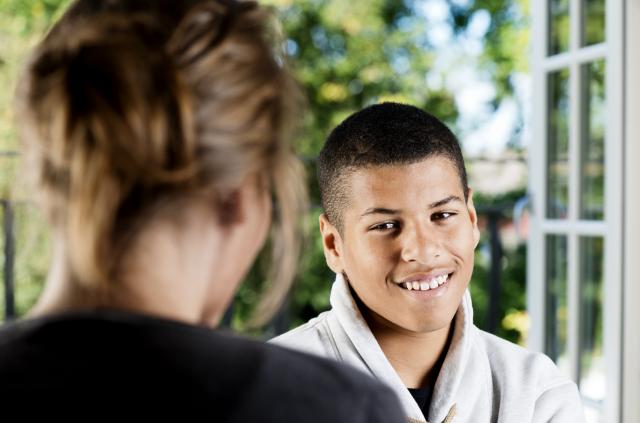
As colleges, universities, and training programs get ready for the fall semester, it’s time to check in with deaf students about their accommodations.
Strategies for Reopening from Disability Service Professionals
As the country begins reopening to greater capacities, institutions must start proactive planning to ensure access for deaf students while maintaining safety practices and guidance.
To help support that planning, the National Deaf Center (NDC) recently held the panel Supporting Deaf College Students: Perspectives from Disability Services on Campus Reopening, which featured experienced disability services professionals who shared strategies for addressing various challenges in anticipation of reopening campus.
Get the Ins and Outs of Accommodations on NDC’s New Accommodations 101 Page
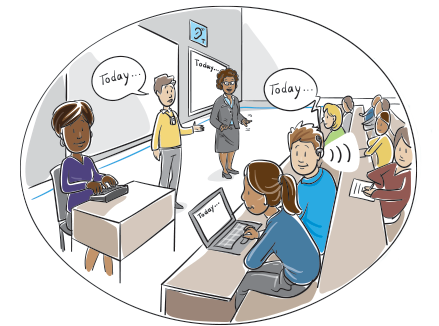
Accommodations are not one-size-fits-all, and are as varied as deaf people themselves. But that doesn’t mean that finding the right combination of accommodations needs to be difficult or confusing.
NDC has launched a new Accommodations 101 page to help disability services professionals, educators, employers, and deaf people understand all aspects of accommodations.
The Significance of Harvard’s Settlement on Video Accessibility
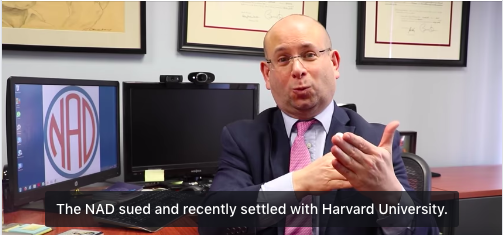
Recently, Harvard University settled a class action lawsuit filed in 2015 by the National Association of the Deaf (NAD). The case revolved around the lack of captioning for Massive Open Online Courses (MOOCs). NAD also sued the Massachusetts Institute of Technology for similar reasons and that case is still being litigated.
The Department of Justice made statements that the universities were discriminating against deaf people by “failing to provide equal access in the form of captions.”
A Holiday for the Whole Family: Tips to Include Deaf Guests
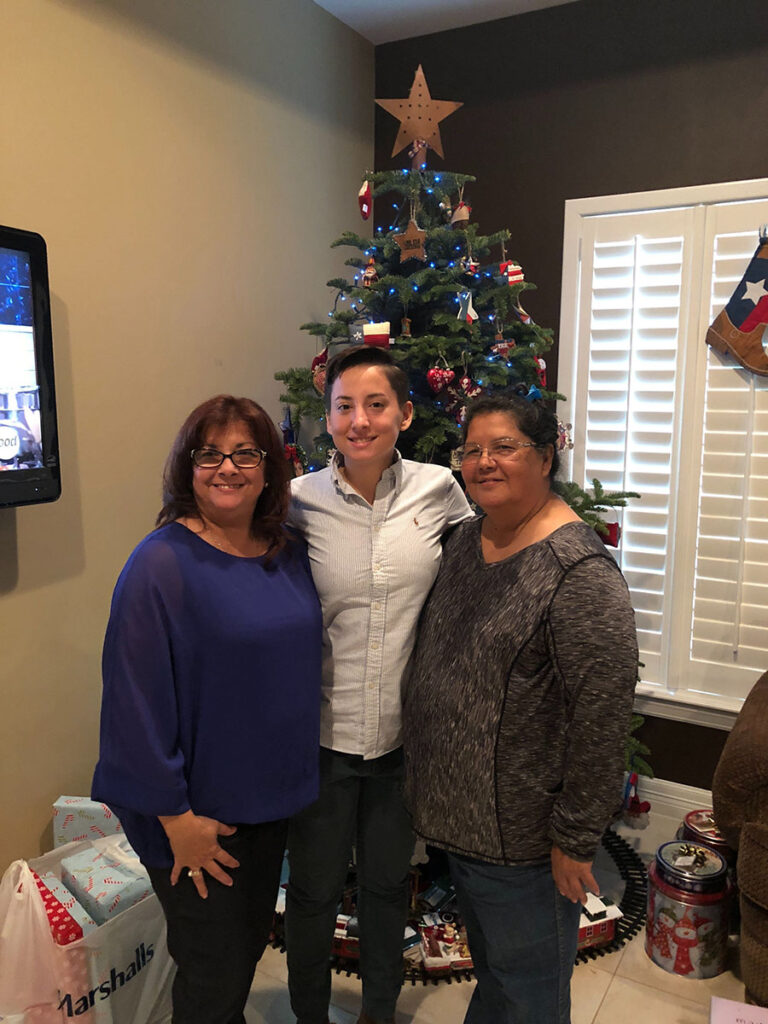
Deaf people can feel isolated and outcast at holiday gatherings, but they don’t have to. Read NDC’s tips for including deaf guests in your holiday celebrations.
[Disponible en español.]
A Holiday for the Whole Family: Tips to Include Deaf Guests
Deaf people can feel isolated and outcast at holiday gatherings, but they don’t have to.
Read NDC’s tips for including deaf guests in your holiday celebrations.
Emergency Preparedness and Deaf Students: Is Your College Ready?
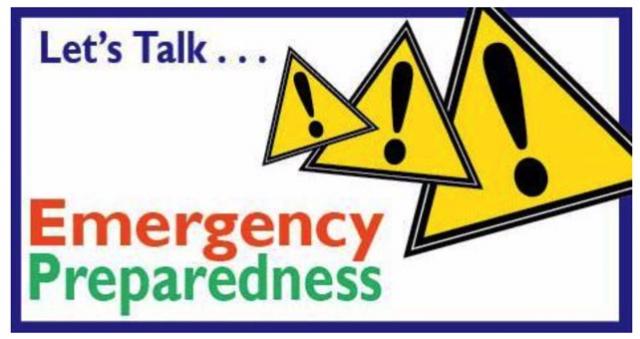
September is National Preparedness Month. The 2019 theme, “Prepared, Not Scared”, is a good reminder that this is an ideal time to think about emergency planning and your school’s readiness to respond — in particularly for your deaf students — with these tips, tools, and strategies.





